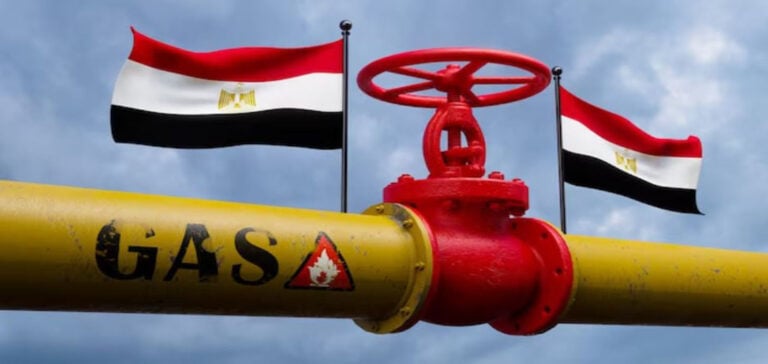Turkmenistan commits to supply natural gas to Iraq as part of a swap agreement involving Iran. Indeed, Myrat Archayev, vice-president of Turkmengas, has declared that Turkmenistan will supply 9 billion cubic meters (Gm³) of natural gas per year to Iraq. This initiative is part of Turkmenistan’s strategy to diversify its export markets.
Turkmenistan is one of the world’s largest holders of gas resources, thanks to the gigantic onshore Galkynysh field. However, its export options have been limited in part due to its landlocked position. Negotiations with international investors on the second and third phases of the Galkynysh development should see a “breakthrough” in 2024, according to Archayev, who made the announcement at the Oil & Gas of Turkmenistan forum in Ashgabat. Until now, Turkmenistan has relied on a partnership with the Chinese company CNPC.
Searching for new markets
To develop its exports, Turkmenistan needs to find new markets for its gas, and also attaches “great importance” to gas processing, said Batyr Amanov, deputy chairman of the country’s cabinet of ministers at the forum. The development of export markets is “essential” for the development of gas production, led by the Galkynysh field. At present, the country’s main markets are China and Russia, added Amanov.
Iraq’s Minister of Electricity, Ziad ali Fadel, was expected to be among the participants in Ashgabat. According to S&P Global Commodity Insights estimates in June, Turkmenistan’s gas production last year was 74.4 Gm³, around 6% down on the previous year, after Russia’s Gazprom reduced its Turkmen gas imports to 5 Gm³ from 10.6 Gm³ in 2021.
Maksat Babayev, President of Turkmengas, led a delegation to Baghdad from October 5 to 8 and held “detailed negotiations” with Iraq’s Minister of Electricity, Fadel, with a view to supplying gas to Iraq under a swap agreement via Iran, Turkmenistan’s state news agency reported, citing a statement from Turkmenistan’s Ministry of Foreign Affairs. This followed the signing of a memorandum of understanding on gas imports from Turkmenistan to Iraq earlier in the month.
Iraq imports around 1.5 billion cubic feet per day (Bcf/d) of gas from Iran via two pipelines, but supply has been erratic, due to difficulties in making US dollar payments to Iran as a result of US sanctions and increased domestic demand in Iran during the summer.






















